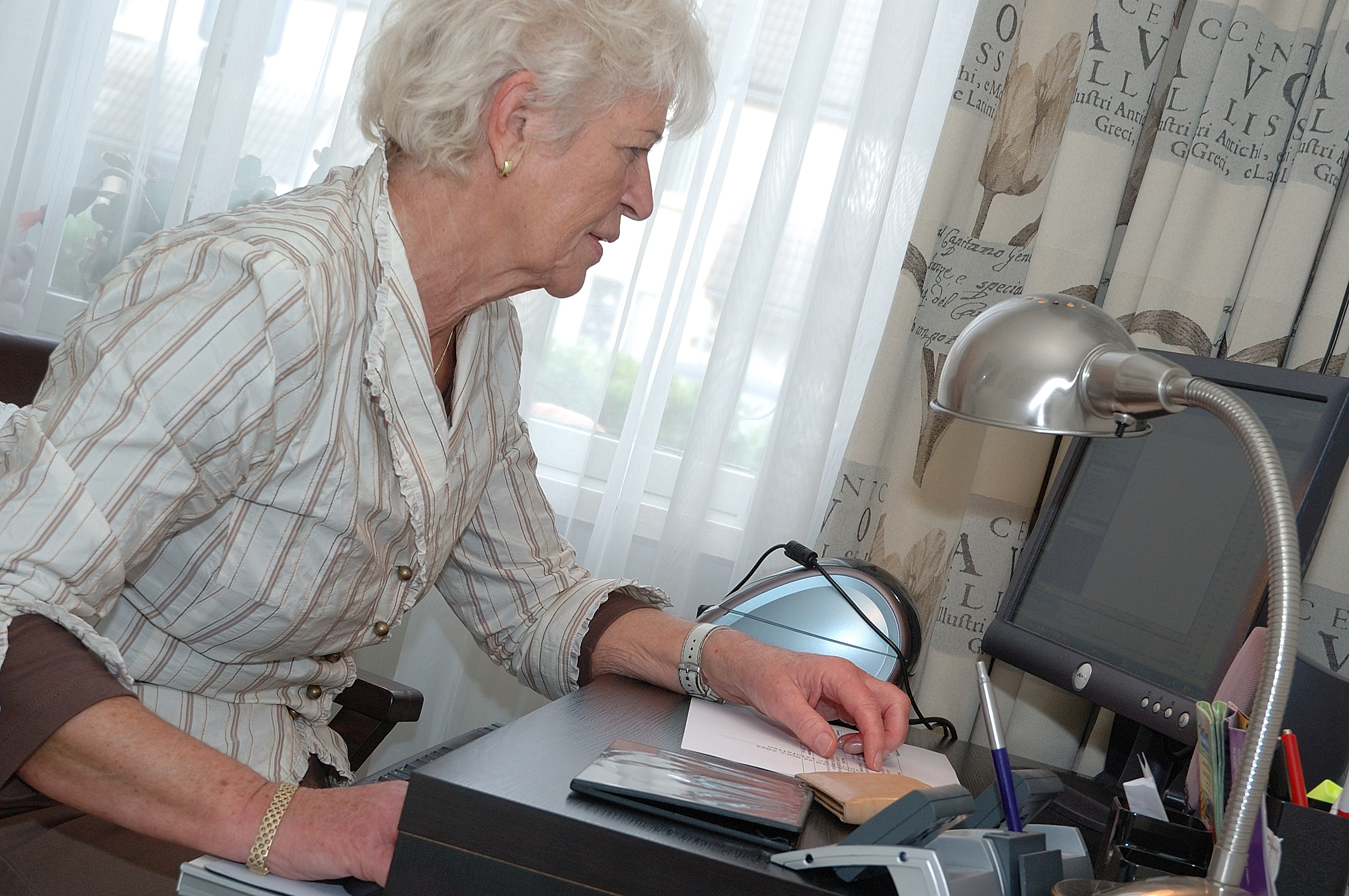WE CARE
The end users gave valuable input during the interviews and meetings with representatives of the end users’ group and during co-design sessions. The ‘baseline’ gave an excellent basis for further discussions. It is a generic platform with several services like a calendar, local news and events, medicine reminder that is set via internet and sends text messages (SMS) to the mobile phone of the user.
The second year of the WeCare project trials will show what end users think of the WeCare 2.0 services in each country and how the envisioned business models will work out. For example in Spain the telecarers may receive less calls from people who are just in for a chat and therefore will have more time for urgent calls. Participants in the trials will all cooperate in the research which accompanies the WeCare project. They will give their input through a mix of questionnaires regarding well-being and loneliness issues, their expectations of the service and user experience, etc. This will provide the WeCare project group with valuable and comparable data.


